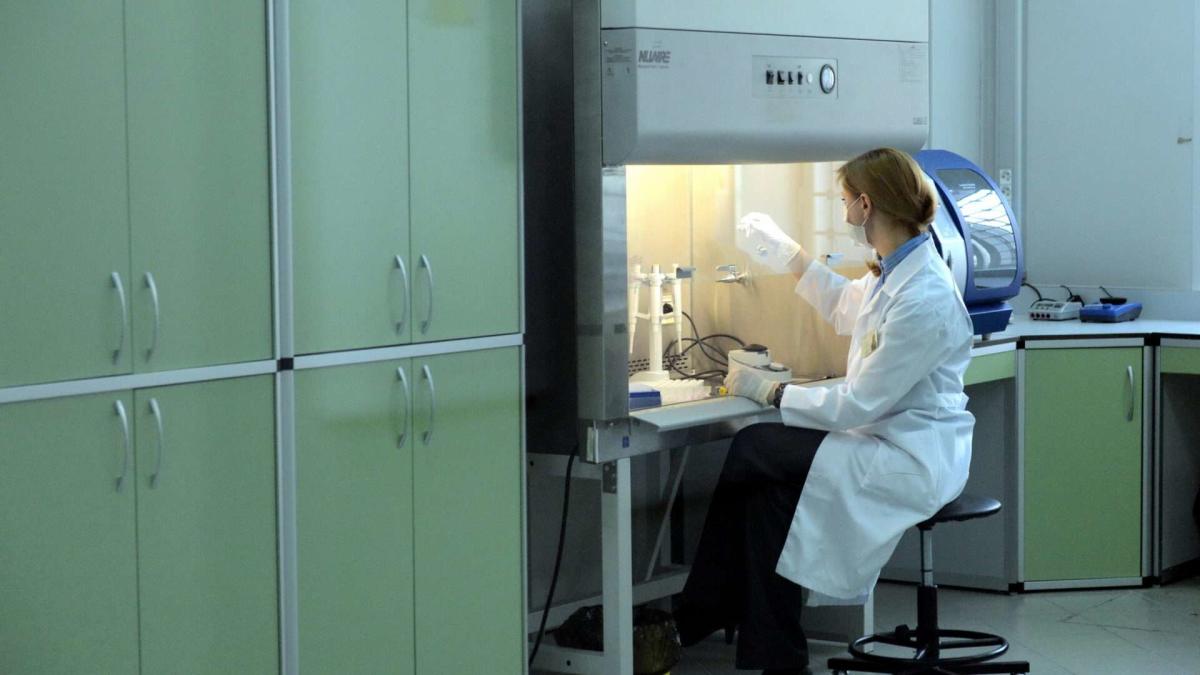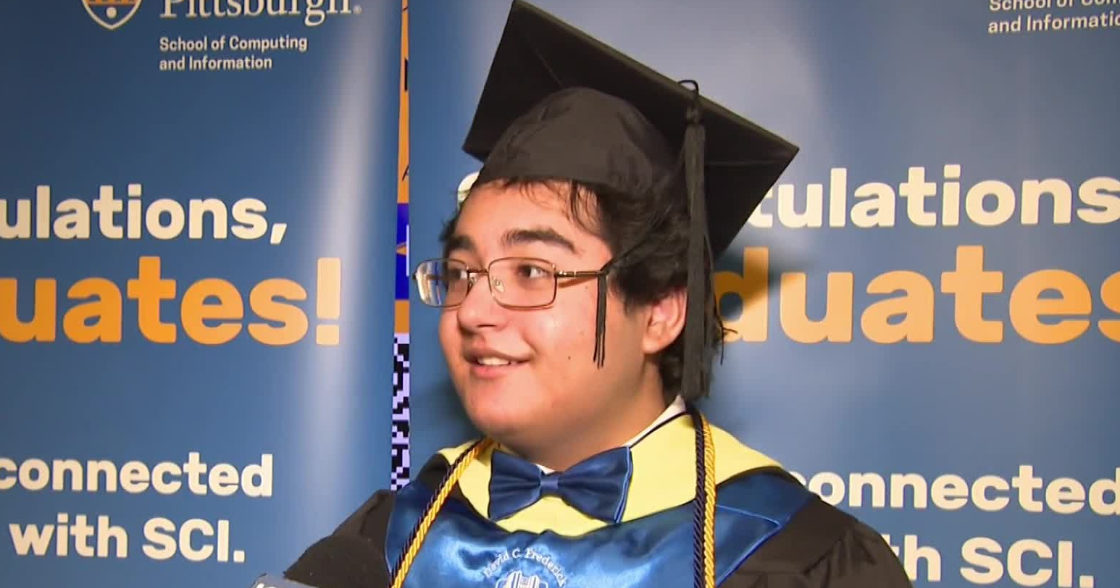Missy Woods, a former forensic scientist at the Colorado Bureau of Investigation (CBI), has been found to have manipulated data in DNA testing or posted incomplete test results in hundreds of cases. According to the CBI, 652 cases were affected by Woods’ work between 2008 and 2023 when she was placed on administrative leave and then retired. Currently, the CBI is reviewing her cases from 1994 to 2008 to determine the extent of the impact of her actions.
The discovery of Woods’ misconduct highlights the importance of adhering to proper procedures and protocols in forensic science. Scientists are expected to conduct their work with integrity and accuracy to ensure the reliability of their findings. Any deviation from established protocols can undermine the credibility of forensic evidence and impact the outcome of cases. It is essential for forensic scientists to uphold ethical standards and maintain the trust of the criminal justice system.
Cases like Woods’ serve as a reminder that scientific misconduct can have serious consequences in forensic investigations. The CBI’s investigation into Woods’ cases underscores the need for transparency and accountability in forensic science to uphold the integrity of the criminal justice system. Forensic scientists must always strive for accuracy, honesty, and objectivity when conducting their work, ensuring that they are trusted members of our society who provide reliable evidence that can be used in court proceedings.
The investigation into Missy Woods’ misconduct serves as a stark reminder that even small mistakes or deviations from standard procedures can have significant impacts on justice outcomes. It also underscores the importance of transparency and accountability in forensic science, which helps maintain public trust in our legal system.
In conclusion, it is crucial for forensic scientists to follow established protocols and ethical standards when conducting their work. Any deviation from these standards can result in unreliable evidence that could impact case outcomes. Therefore, it is imperative that we hold our forensic experts accountable for any errors or misconduct they may commit while working on criminal investigations.
Furthermore, this incident highlights how important it is for regulatory bodies such as CBI to conduct thorough investigations into any allegations made against their employees. By doing so, they can ensure that justice is served fairly and efficiently while maintaining public trust in their organization.
Overall, Missy Woods’ case serves as a cautionary tale about how even small mistakes or ethical violations can lead to significant consequences within our legal system. We should all strive for excellence when working within our field while remaining vigilant against potential errors or unethical behavior by others around us.


